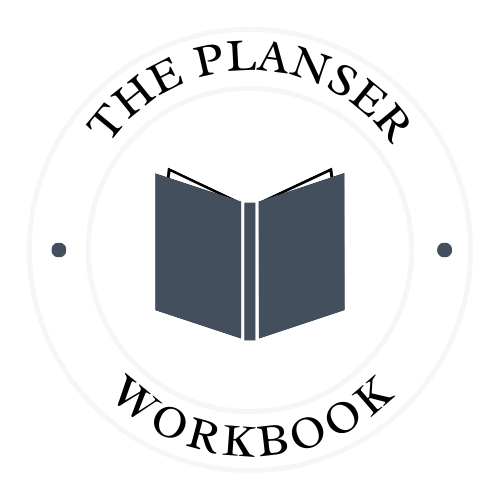Every story starts off in the main character’s day-to-day life, where we the readers are introduced to their ordinary world. (In The Planser Workbook’s “Plansing” section, this is Origins.)
It’s critical to showcase where the character comes from so you can illustrate the growth they experience on their journey, whether that’s a literal or figurative journey. The Origins page goes hand-in-hand with the beginning stage of the character arc. (In the workbook’s “Character Arc” section, this is point number one, or “Status Quo,” when the main character is within their comfort zone.)
In other words, at the beginning, the main character is in their ordinary life with limited awareness. They grow alongside their plot journey to experience profound change.
As you introduce characters and the world, make sure to avoid these tired scenes and bad habits:
- Data Dumping
This one is especially for the sci-fi and fantasy writers who have made-up places to share with readers. Readers definitely need context, and you should know your character’s world like a well-versed historian, but remember to introduce it naturally.
Think about your own day-to-day interactions and thought processes. There are so many pieces of evidence of our history, governments, politics, wars, culture etc. all around us, but we aren’t constantly talking about it in full-on monologues because it’s part of our ordinary world. We might not like it, it might be harming us, but we pass it daily. This is how your characters feel about their world. Even if it’s a dysfunctional intergalactic hot mess, it’s their normal.
Opt instead for weaving bits of their environment and world into the story naturally. Perhaps your MC lives in a world where humans are considered second-class citizens, and she’s reminded of this when she stumbles upon a sign forbidding her entrance to a store. This is a brief glimpse that drops clues about her world.
Sometimes other characters might share information or history, especially our mentor archetypes. But don’t be tempted to let them ramble on for fourteen paragraphs. That’s still data dumping.
- Talking Heads
While, as readers, we’re all naturally drawn to those little quote marks that indicate talking, be careful not to lean on this too much in your writing. Too much back-and-forth dialogue without grounding the reader with a sense of place can begin to feel like talking heads. Little actions, facial expressions, a bit of breeze disturbing the lace curtains—these things quietly paint a picture around the conversation at hand.
- Overused Anything
Dark, stormy nights, characters waking up, or bait-n-switch openings, such as “it was all a dream/day dream” or a scene that paints a false image of suspense (ex: we’re lured into the story where someone appears to be hiding from an enemy, but it turns out to be a game of paintball). If executed perfectly, there are always exceptions to everything, right? But if you were inspired to open your novel based on the things you’ve seen or read elsewhere, odds are, it’s tired and overused. We want to step into the story with some action—which is why I would warn you to avoid boring scenes like a character waking up and getting ready for their day—but it should be fresh.
Happy writing! Be sure to subscribe for updates, sales and more writing tips.

One response to “Starting a novel? Avoid these 3 mistakes in your opening pages:”
Hi, this is a comment.
To get started with moderating, editing, and deleting comments, please visit the Comments screen in the dashboard.
Commenter avatars come from Gravatar.